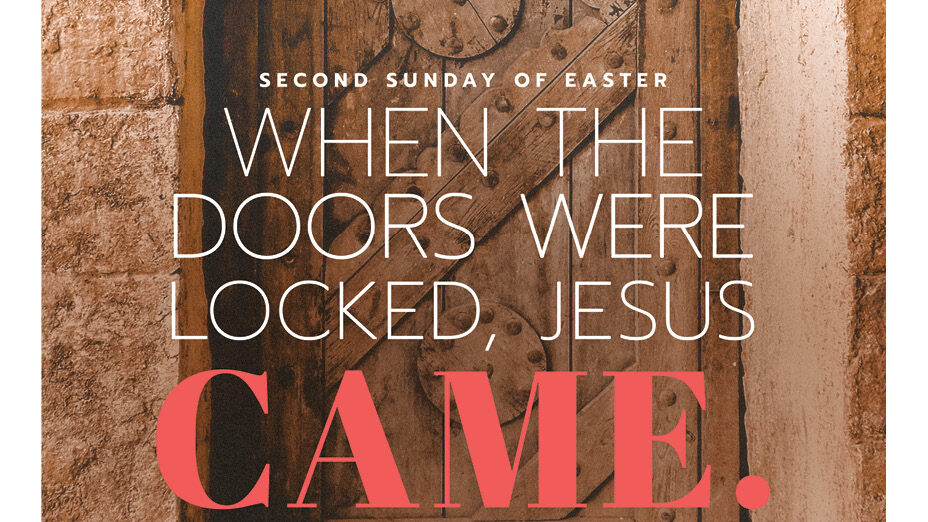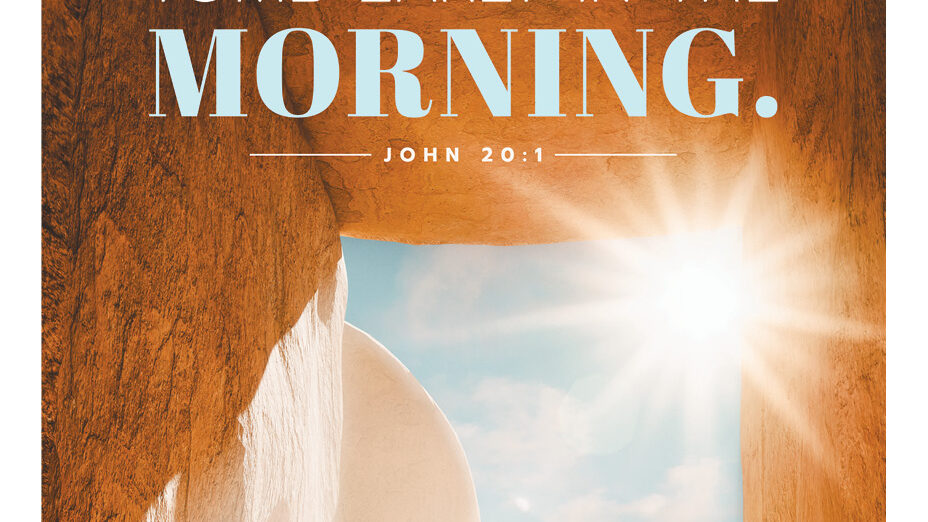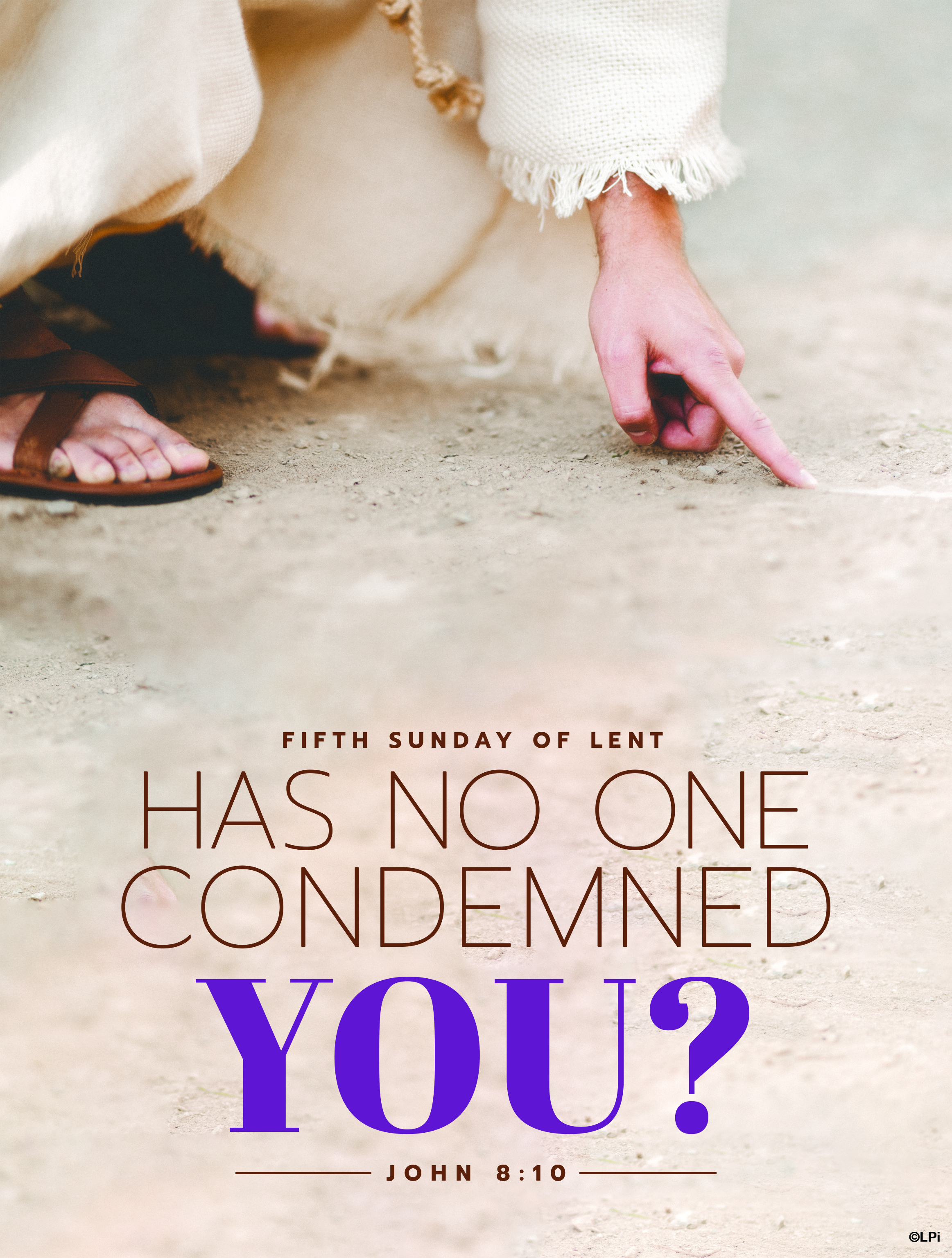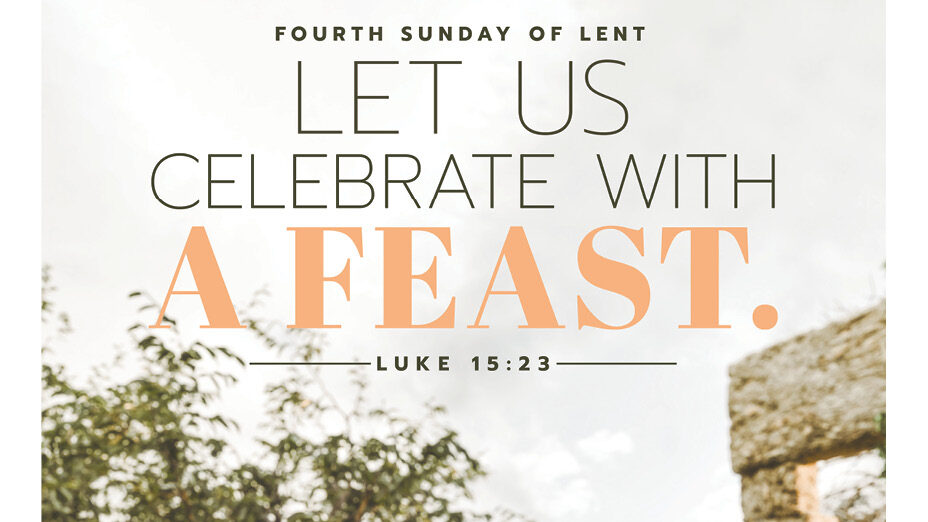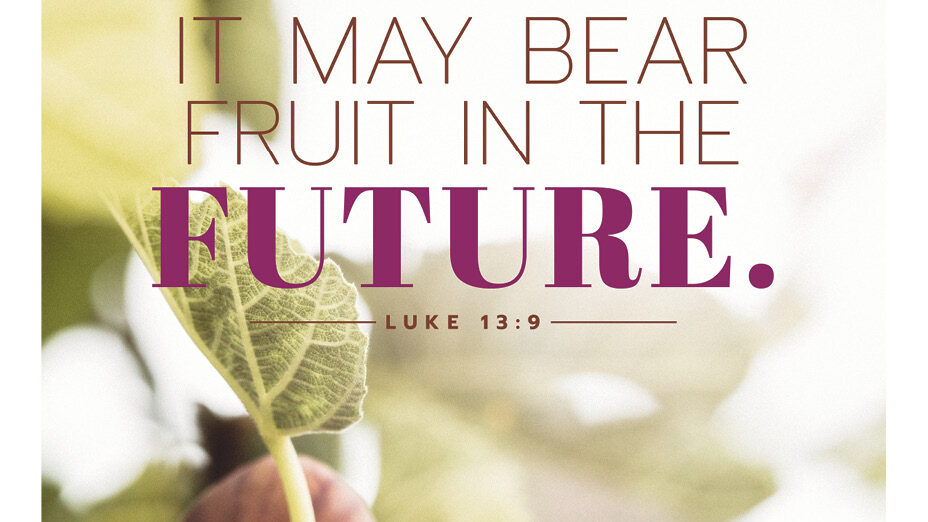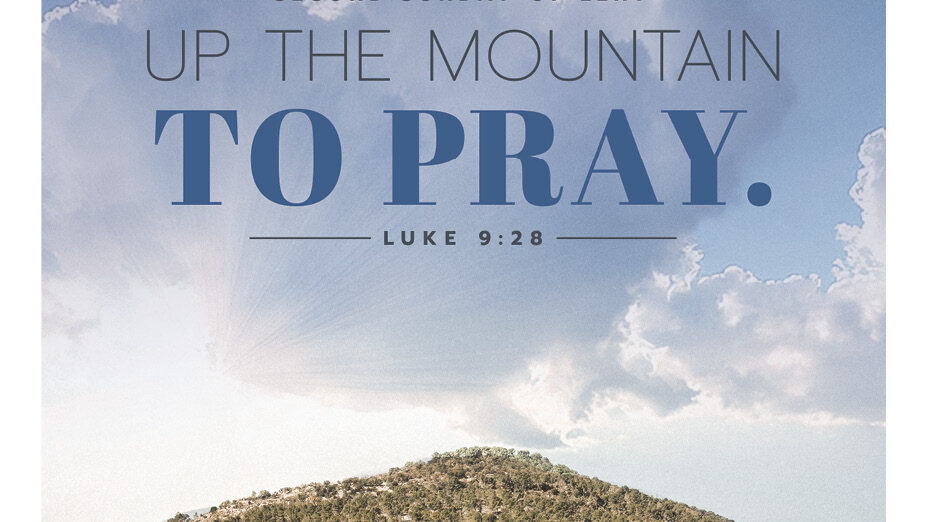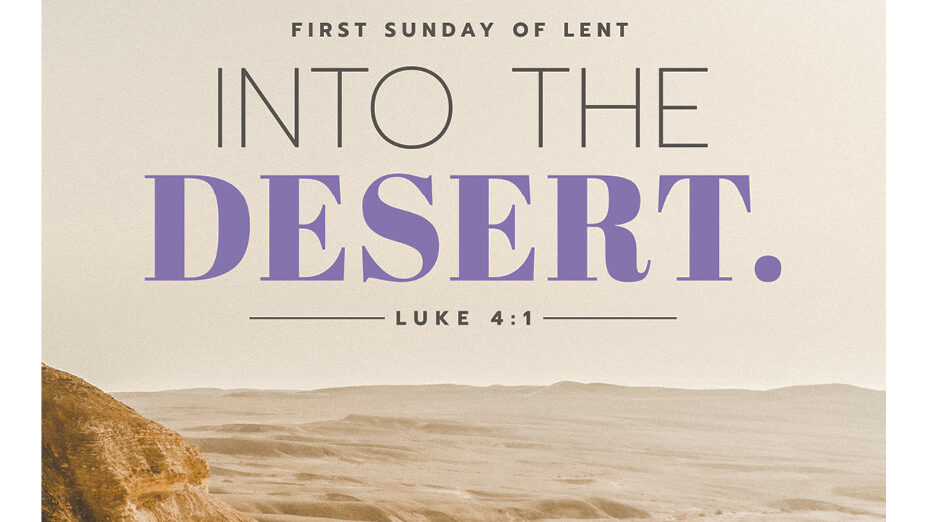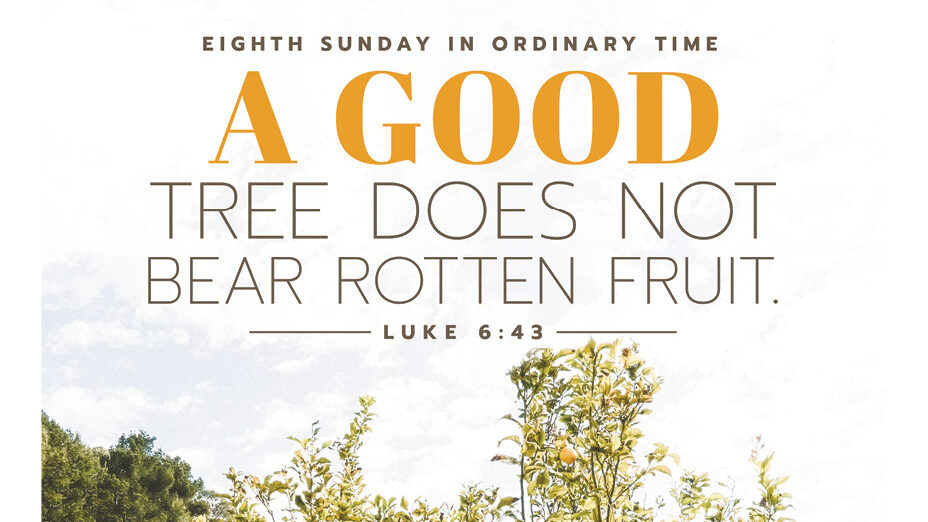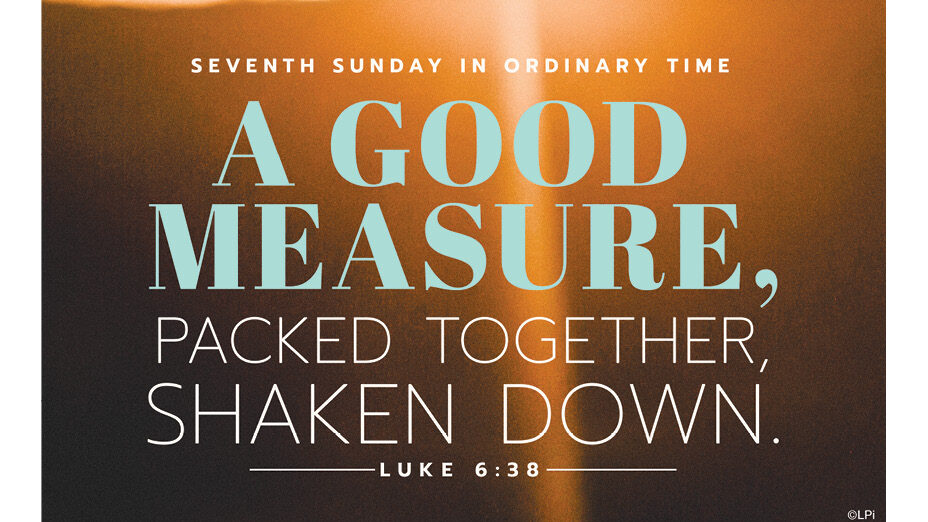April 27, 2025
Dear Parishioners,
Very often, we are so wrapped up in our own thoughts and feelings that even when the reality out there stares at us unblinking, telling us a completely opposite story, we simply ignore it. Sorrowful eyes see everything as sad; arrogant heart looks down on everyone. To be truly alive, we must verify our interior world against external reality before someone or something bursts our bubble.
Nevertheless, even the so-called external reality is not the ultimate truth; it is only a world of facts and data, and facts and data must be interpreted to decipher the truth. Here comes the wonderful reminder of Isaiah, “For My thoughts are not your thoughts, nor are your ways My ways. For as the heavens are higher than the earth, so are My ways higher than your ways and My thoughts than your thoughts” (Is 55:8). Only the thoughts and the ways of God, the Creator of the universe, determine what is truth.
Only with that perspective can we grasp the richness and power of the Gospel reading today. Jesus’s disciples were hiding behind locked doors out of fear. Fear of what? Fear of sharing the horrible fate of their master, fear of the rumors that Jesus was alive. How could they face the one whom they abandoned and betrayed? Everything out there seemed to be against them, especially Jesus, the Messiah.
Suddenly, Jesus showed up unannounced. For a moment, their fears increased a thousand times, until Jesus’s words reached their ears, “Peace be with you.” Then he showed them his wounds. Now they knew he was alive. Now they knew he meant what he said, “Peace be with you.” Not a hint of sadness, not a sliver of scolding. Furthermore, he breathed on them the Holy Spirit. Jesus’s thoughts were not their thoughts; nor were his ways their ways.
Then the whole process was repeated with Thomas, who was not there at the first appearance. In addition to fear and shame, Thomas also doubted what other disciples had told him about Jesus’s resurrection. Again, the same peace was rendered to Thomas. Jesus even indulged in Thomas’s demand of putting fingers into his wounds. Like his fellow disciples, Thomas now believed without carrying out his demand, “My Lord and my God!”
As soon as Jesus’s disciples embraced his thoughts and his ways, their fears had turned into joy, cowardice into courage, shame into strength. They went out to all the ends of the earth, so that you and I could receive the faith in Jesus Christ. When humans cooperate in God’s ways, miracles happen, over and over again.
On this Sunday, it is good to contemplate the image of the Divine Mercy. From the very heart that was pierced both by betrayal and cruelty shines forth God’s mercy and forgiveness. Theologically, the moment that Jesus’s heart was pierced by the spear and water and blood poured out was also the conception of the Church. And the Pentecost is the birth of the Church. Human depravity has been transformed into the incipient Body of Christ, the Church. Nothing can stop God from doing what God desires.
What are thinking and feeling? Are they fears, doubts, worries, shames, angers, frustrations, loneliness? Economic chaos, inflation, wars, sickness, and natural disasters are causing a lot of concerns. Whatever they are, it is ok. We do not have control over our feelings and thoughts, most of the time.
The important thing is: what are God’s thoughts and God’s ways with us and for us? God’s ways are eternal, forever unchanging. God wants to give us peace, courage, joy, endurance, hope. In fact, God gives us his own Spirit, who alone provides us with whatever we need in our own circumstances.
Like Jesus’s disciples after the momentous event of the resurrection, for us to experience the joy, peace, hope, and courage that God gives us, we must set aside our own thoughts and feelings, and we must pay attention to the voice of the Holy Spirit.
What is God calling you and me to do now? What is God’s plan for you and me in the current crisis? For sure, God wants us to continue to do what is good, true, and generous. We will have joy when we lift others from their sorrow. We will have peace when we forgive others. We will receive abundantly when we give to others, especially those in dire need like our parish. We will be full of hope when we bring hope to others. Only by making God’s ways our ways that we are fully alive, both now and forever.
In the Most Holy Trinity and in solidarity with you all,
Fr. Duc
P.S.: This is my last weekly letter as I wrap up my term as pastor of MHT. I have written every week for the last six years, since May 1, 2019. I hope the weekly letters have helped you pray with the Sunday Gospel and put them into practice in your life.
Ông Bà Anh Chị Em quý mến,
Rất thường xuyên, chúng ta quá đắm chìm trong những suy nghĩ và cảm xúc của riêng mình đến nỗi ngay cả khi thực tế ngoài kia nhìn chằm chằm vào chúng ta không chớp mắt, kể cho chúng ta một câu chuyện hoàn toàn trái ngược, chúng ta vẫn chỉ đơn giản là lờ nó đi. Đôi mắt buồn bã thấy mọi thứ đều buồn tẻ; trái tim kiêu ngạo coi thường mọi người. Để thực sự sống, chúng ta phải đối chiếu thế giới nội tâm của mình với thực tế bên ngoài trước khi ai đó hoặc điều gì đó chọc vỡ bong bóng trong đầu chúng ta.
Tuy nhiên, ngay cả cái gọi là thực tế bên ngoài cũng không phải là sự thật tối thượng; nó chỉ là một thế giới của sự kiện và dữ liệu, và sự kiện và dữ liệu phải được diễn giải để tìm ra sự thật. Đây là lời nhắc nhở tuyệt vời của Isaia, “Vì tư tưởng của Ta không phải là tư tưởng của các ngươi, cũng như đường lối của các ngươi không phải là đường lối của Ta. Vì trời cao hơn đất chừng nào, thì đường lối của Ta cũng cao hơn đường lối của các ngươi, và tư tưởng của Ta cũng cao hơn tư tưởng của các ngươi chừng ấy” (Is 55:8). Chỉ có tư tưởng và đường lối của Chúa, Đấng Tạo Hóa của vũ trụ, mới quyết định được chân lý là gì.
Chỉ với góc nhìn đó, chúng ta mới có thể nắm bắt được sự phong phú và sức mạnh của bài đọc Tin Mừng hôm nay. Các môn đồ của Chúa Giêsu đã trốn sau những cánh cửa đóng kín vì sợ hãi. Sợ điều gì? Sợ phải chia sẻ số phận khủng khiếp của Thầy, sợ tin đồn rằng Chúa Giêsu vẫn còn sống. Làm sao họ có thể đối mặt với người mà họ đã bỏ rơi và phản bội? Mọi thứ ngoài kia dường như đều chống lại họ, đặc biệt là Chúa Giêsu, Đấng Mêsia.
Đột nhiên, Chúa Giêsu xuất hiện mà không báo trước. Trong một khoảnh khắc, nỗi sợ hãi của họ tăng lên gấp ngàn lần, cho đến khi những lời của Chúa Giêsu đến tai họ, “Bình an cho các con”. Sau đó, Người cho họ xem vết thương của Người. Bây giờ họ biết Người còn sống. Bây giờ họ biết Người có ý như vậy khi nói, “Bình an cho các con”. Không một chút buồn bã, không một chút trách mắng. Hơn nữa, Người thổi hơi Thánh Thần vào họ. Suy nghĩ của Chúa Giêsu không phải là suy nghĩ của họ; đường lối của Người cũng không phải là đường lối của họ.
Sau đó, toàn bộ quá trình được lặp lại với Tôma, người không có mặt ở đó khi Chúa Giêsu lần đầu tiên xuất hiện. Ngoài nỗi sợ hãi và xấu hổ, Tôma còn nghi ngờ những gì các môn đồ khác đã nói với ông về sự phục sinh của Chúa Giêsu. Một lần nữa, sự bình an tương tự đã được ban cho Tôma. Chúa Giêsu thậm chí còn chiều theo yêu cầu của Tôma là mời ông đặt ngón tay vào vết thương của Người. Giống như các môn đồ khác, Tôma giờ đây đã tin mà không thực hiện lời yêu cầu của mình, “Lạy Chúa của con, lạy Thiên Chúa của con!”
Ngay khi các môn đồ của Chúa Giêsu chấp nhận những suy nghĩ và cách thức của Người, nỗi sợ hãi của họ đã biến thành niềm vui, sự hèn nhát thành lòng can đảm, sự xấu hổ thành sức mạnh. Họ đã đi đến tận cùng trái đất, để chúng ta có thể đón nhận đức tin vào Chúa Giêsu Kitô. Khi con người hợp tác với đường lối của Chúa, phép lạ sẽ xảy ra, hết lần này đến lần khác.
Vào Chúa Nhật này, thật là điều tốt đẹp khi chiêm ngưỡng hình ảnh Lòng Thương Xót Chúa. Từ chính trái tim bị đâm thâu bởi sự phản bội và tàn ác, lòng thương xót và sự tha thứ của Chúa tỏa sáng. Về mặt thần học, khoảnh khắc trái tim Chúa Giêsu bị đâm thủng bởi ngọn giáo và nước và máu đổ ra cũng là khoảnh khắc hình thành nên Giáo hội. Và Lễ Ngũ Tuần là ngày khai sinh của Giáo hội. Sự đồi trụy của con người đã được chuyển hóa thành Thân thể mới chớm nở của Chúa Kitô, tức là Giáo hội. Không gì có thể ngăn cản Chúa thực hiện những gì Chúa muốn.
Chúng ta suy nghĩ và cảm xúc gì? Đó có phải là nỗi sợ hãi, sự nghi ngờ, lo lắng, xấu hổ, tức giận, thất vọng, cô đơn không? Hỗn loạn kinh tế, lạm phát, chiến tranh, bệnh tật và thiên tai đang gây ra nhiều lo ngại. Dù là gì thì cũng không sao. Chúng ta hầu như không kiểm soát được cảm xúc và suy nghĩ nhất thời của mình.
Điều quan trọng là: tư tưởng của Chúa và kế hoạch của Chúa cho chúng ta và vì chúng ta là gì? Phương thức hoạt động của Chúa là vĩnh cửu, mãi mãi không thay đổi. Chúa muốn ban cho chúng ta sự bình an, lòng can đảm, niềm vui, sức chịu đựng, hy vọng. Trên thực tế, Chúa ban cho chúng ta Thánh Linh của Ngài, là Đấng duy nhất cung cấp cho chúng ta bất cứ điều gì chúng ta cần trong hoàn cảnh của riêng mình.
Giống như các môn đồ của Chúa Giêsu sau sự kiện trọng đại của sự phục sinh, để chúng ta trải nghiệm được niềm vui, sự bình an, hy vọng và lòng can đảm mà Chúa ban cho chúng ta, chúng ta phải gạt bỏ những suy nghĩ và cảm xúc của riêng mình, và chúng ta phải chú ý đến tiếng nói của Chúa Thánh Linh.
Chúa đang kêu gọi bạn và tôi làm gì bây giờ? Kế hoạch của Chúa dành cho bạn và tôi trong cuộc khủng hoảng hiện tại là gì? Chắc chắn, Chúa muốn chúng ta tiếp tục làm những điều tốt lành, chân thật và quảng đại. Chúng ta sẽ có niềm vui khi nâng đỡ người khác trong nỗi buồn của họ. Chúng ta sẽ có sự bình an khi tha thứ cho người khác. Chúng ta sẽ nhận được dồi dào khi chúng ta cho đi, đặc biệt là những người đang rất cần như giáo xứ của chúng ta. Chúng ta sẽ tràn đầy hy vọng khi chúng ta mang lại hy vọng cho người khác. Chỉ bằng cách biến đường lối của Chúa thành đường lối của chúng ta, chúng ta mới được sống trọn vẹn, cả bây giờ và mãi mãi.
Hiệp thông trong Chúa Ba Ngôi và hiệp nhất với ông bà anh chị em,
Lm Tôma Vũ Minh Đức, SJ
Phụ Chú: Đây là lá thư hàng tuần cuối cùng của tôi trong nhiệm kỳ Chánh Xứ tại CBN. Tôi đã viết hàng tuần trong suốt sáu năm qua, kể từ ngày 1 tháng 5 năm 2019. Tôi hy vọng những lá thư hàng tuần đã giúp mọi người cầu nguyện với Phúc âm Chúa Nhật và thực hành chúng trong cuộc sống của mình.

